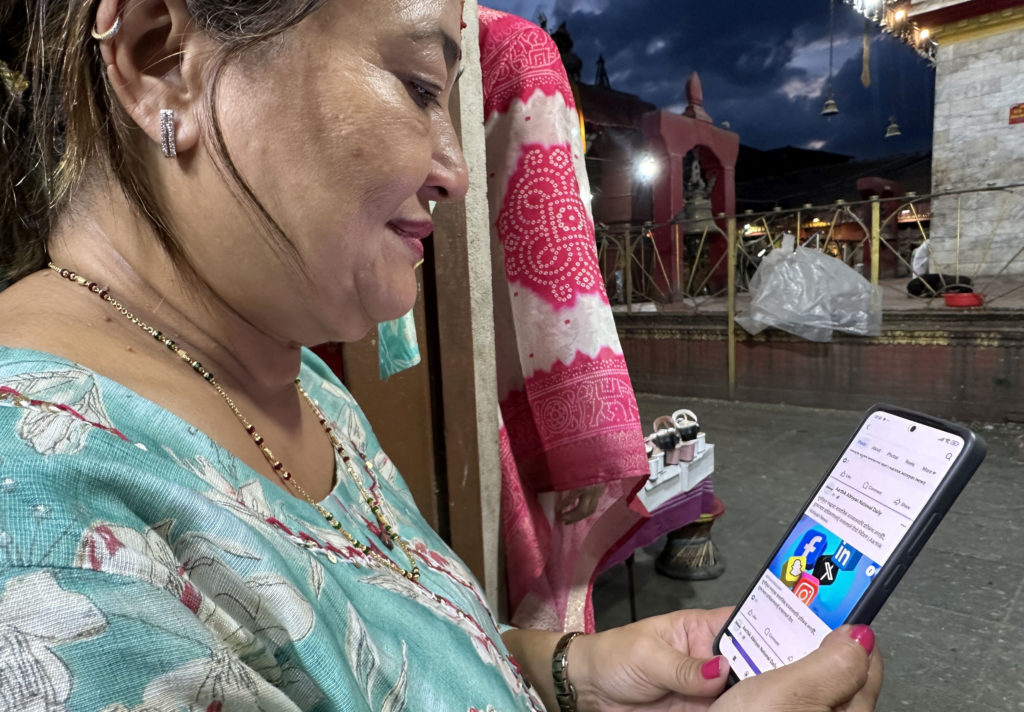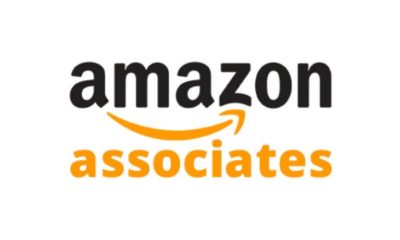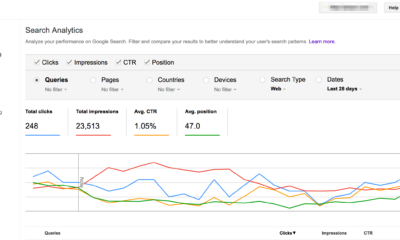News
Nepal bans 25+ social media platforms including Meta, X over regulation compliance failure

In a significant move to regulate the digital landscape, Nepal’s government announced on Thursday its decision to block access to major social media platforms, including Facebook, Instagram, and X (formerly Twitter), after they missed a critical deadline to register with local authorities.
The shutdown is part of a broader government initiative aimed at combating online hate speech, the spread of misinformation, and cybercrime within the Himalayan nation.
The Ministry of Communications and Information Technology had mandated that all social media companies establish a formal presence in Nepal by Wednesday.
This required them to register with the ministry, appoint a local contact person, designate a grievance handler, and name an individual responsible for self-regulation. Communications and IT Minister Prithvi Subba Gurung stated that the platforms’ inaction forced the government’s hand.
“We gave them enough time to register and repeatedly requested them to comply with our request, but they ignored [this], and we had to shut their operations in Nepal,” Gurung said.
The directive affected a wide array of global tech giants, including Meta (owner of Facebook, Instagram, and WhatsApp), Alphabet (parent company of YouTube), X, Reddit, and LinkedIn.
Despite the government’s announcement that unregistered platforms would be “deactivated today onwards,” AFP reported that many of the sites remained accessible in Nepal on Thursday.
This decisive action follows a 2023 directive that laid the groundwork for these registration requirements. However, compliance has been minimal. To date, only five platforms, most notably TikTok and Viber, have formally registered, with two others currently in the process.
The government’s move has drawn sharp criticism from digital rights advocates. Bhola Nath Dhungana, president of Digital Rights Nepal, described the sudden closure as a “controlling” approach that infringes on citizens’ fundamental rights to expression and information.
“This directly hits the fundamental rights of the public,” Dhungana argued. “It is not wrong to regulate social media, but we first need to have the legal infrastructure to enforce it. A sudden closure like this is controlling.”
Nepal’s action is part of a growing global trend among governments to seek tighter control over Big Tech. Nations from the United States and the European Union to India and Australia are implementing stricter rules concerning misinformation, data privacy, and online harm, signaling an end to the era of unchecked social media influence.
-

 Domains6 years ago
Domains6 years ago8 best domain flipping platforms
-

 Business6 years ago
Business6 years ago8 Best Digital Marketing Books to Read in 2020
-

 How To's6 years ago
How To's6 years agoHow to register for Amazon Affiliate program
-

 How To's6 years ago
How To's6 years agoHow to submit your website’s sitemap to Google Search Console
-

 Domains5 years ago
Domains5 years agoNew 18 end user domain name sales have taken place
-

 Business6 years ago
Business6 years agoBest Work From Home Business Ideas
-

 How To's6 years ago
How To's6 years ago3 Best Strategies to Increase Your Profits With Google Ads
-

 Domains5 years ago
Domains5 years agoCrypto companies continue their venture to buy domains








